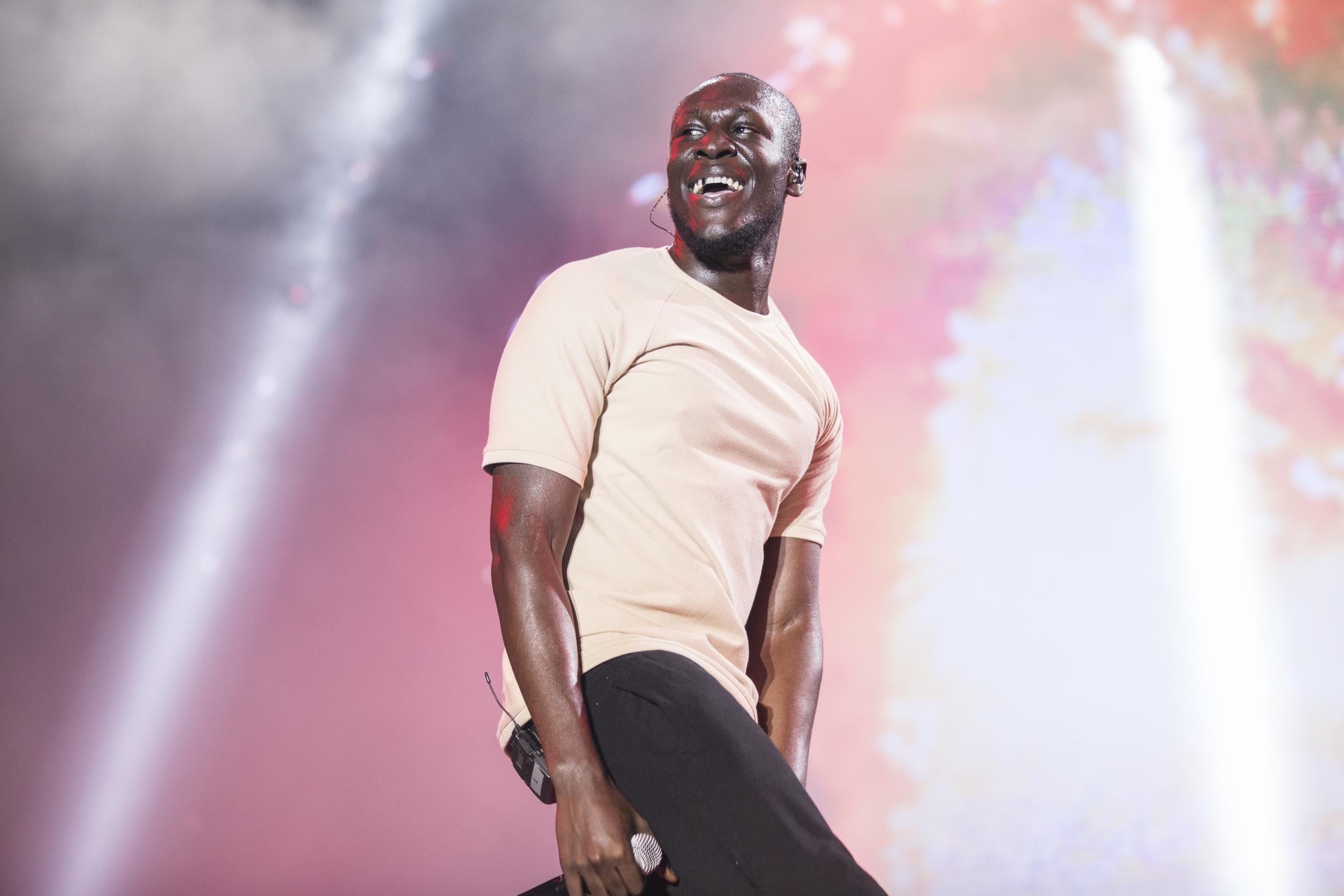Grime music being stifled by 'institutionalised racism' in UK, MPs' report concludes
Report emerges as part of a wider investigation into the UK's live music scene

A report into the UK music scene has found that grime artists continue to face discrimination by music venues, police and local authorities over unfounded fears of violence at their concerts.
The Digital, Culture, Media and Sport Committee says that "persisting prejudice" against artists from grime, rap and hip hop risks "the future of one of the UK's most exciting musical exports".
The news comes after a controversial risk assessment form for live events, called 696, was abolished in 2017 after criticism over the inclusion of a question over whether a "particular ethnic group" was likely to attend a show.
Hip-hop artist ShaoDow attended the committee where he cited a club cancelling one of his gigs at the last minute after learning what his style of music was. The venue reportedly claimed it could lose its licence if the concert went ahead.
Other artists, including the rapper Giggs and south London duo Skengdo x AM, have also faced issues when it comes to live performances, with one witness blaming it on "institutionalised racism".
Giggs was forced to cancel shows due to form 696, which also required music venues to obtain the criminal background of artists who performed there.
Drill artists Skengdo x AM were convicted of breaching an injunction that banned them from performing tracks that named particular places, events or people, or that could be deemed "violent" in theme. The pair were sentenced to nine months in jail, suspended for two years, in January this year.
Committee chair Damien Collins MP said it was "shocking" to hear that grime artists were continuing to be met with discrimination and said it risked hampering the success of British music.
The DCMS has called for new guidelines for police and local authorities that would ensure certain artists are not "unfairly targeted".
UK Music, which represents the industry, welcomed the call to action and said: "We must root out discrimination wherever we find it."
Join our commenting forum
Join thought-provoking conversations, follow other Independent readers and see their replies
Comments
Bookmark popover
Removed from bookmarks